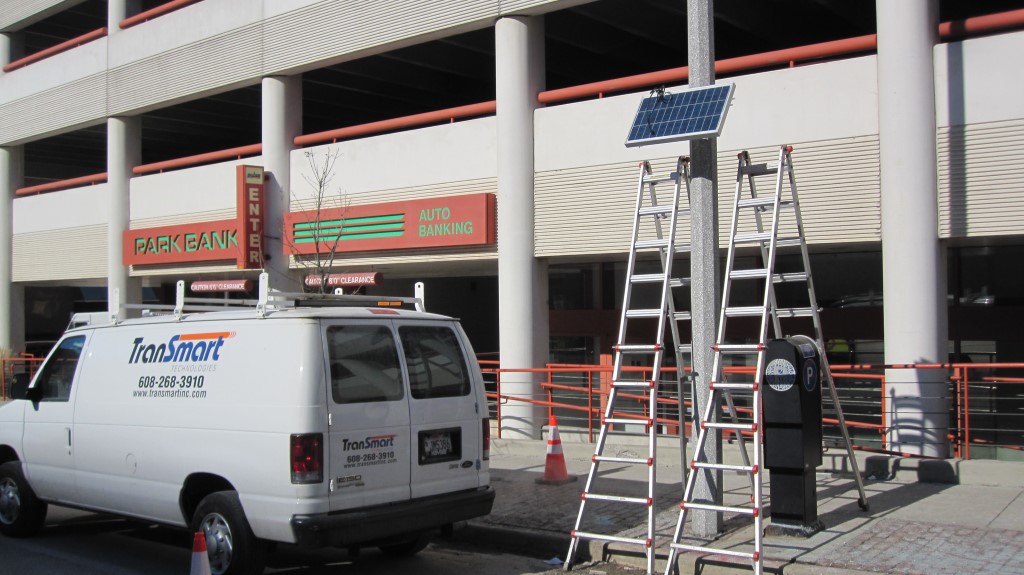Can We Build Smarter Cities?
Experts discuss how the “smart city” movement could change cities in Wisconsin.
When it comes to defining a so-called smart city, there isn’t a cut-and-dried definition, local experts say, but there are some characteristics that play into the equation.
The overarching concept was the focal point of a Wisconsin Technology Council talk Thursday about the possibilities on the horizon for Milwaukee, Madison and other communities across the state.
“When it come to smart cities, you can define it pretty much any way you want to,” said Jerry Deschane, who is executive director of the League of Wisconsin Municipalities, an organization representing the 602 cities and villages across the state that comprise about 70 percent of the population.
At its most basic level, communities falling into the realm of a smart city typically use data and communication technologies to enhance the quality and performance of such existing urban services as transportation, energy and utilities.
Yue Liu, a professor at the UW-Milwaukee’s College of Engineering and Applied Science, also served as a panelist at the talk. Liu is the recipient of a $1.5 million grant to study smart cities. He offered up some of his findings at this week’s discussion.
A number of the examples Liu cited throughout his talk touched on application-type systems, many making the best use of infrastructure.
“Parking is a major problem in this country and pretty much anywhere in the world,” Liu said, singling out one way smarter technologies could bring meaningful solutions to the issue.
In a broad sense, Liu said cloud computing and artificial intelligence are among the mechanisms municipalities could tap into in the not-too-distant future to make the best use of smart technology.
“It’s really an exciting opportunity,” Liu said. “We are looking forward to more collaboration.”
“It is important,” Liu said of 5G and its tie to smart applications. “It will make the system more reliable.”
Once the 5G train picks up steam in Wisconsin, Deschane said he believes it will be widely available in larger cities.
“Milwaukee will see 5G right away, Madison will see 5G right away,” Deschane said. “But for the other communities — it could take a little longer.”
From his perspective, Deschane said there is interest across the state in using smart technology to make government and infrastructure run better.
Deschane pointed to Fond du Lac as a city embarking on what currently is considered a revolutionary idea: harnessing technology to alert emergency medical responders of when train crossings are blocked.
Fond du Lac is among the Wisconsin municipalities with a sizable number of railroad crossings, Deschane said, and the technology is designed to address the conditions within the community. The same concept, he said, can be applied to the unique circumstances any community faces.
“Figure out what your problems are and create solutions,” Deschane said. “There’s a hunger out there right now for ideas.”
Deschane was asked if his organization could create a scorecard to rate Wisconsin’s smartest cities. Such an endeavor, he said, would be challenging — if not impossible.
“I’m not sure there could be a grading system,” Deschane said. “What’s a smart city this year is a dumb city in five years.”
Tom Still, president of the Milwaukee Technology Council, said the discussion of smart cities demonstrates the concept’s complexity.
“This looks like an onion, the more we peel it,” Still said.






















“Parking is a major problem” and “notifying emergency responders when rail crossings are blocked”. Sounds like it would be smart to dis incentivize the automobile. Smart technology will not save us if we use it to perpetuate systems that are the problem.